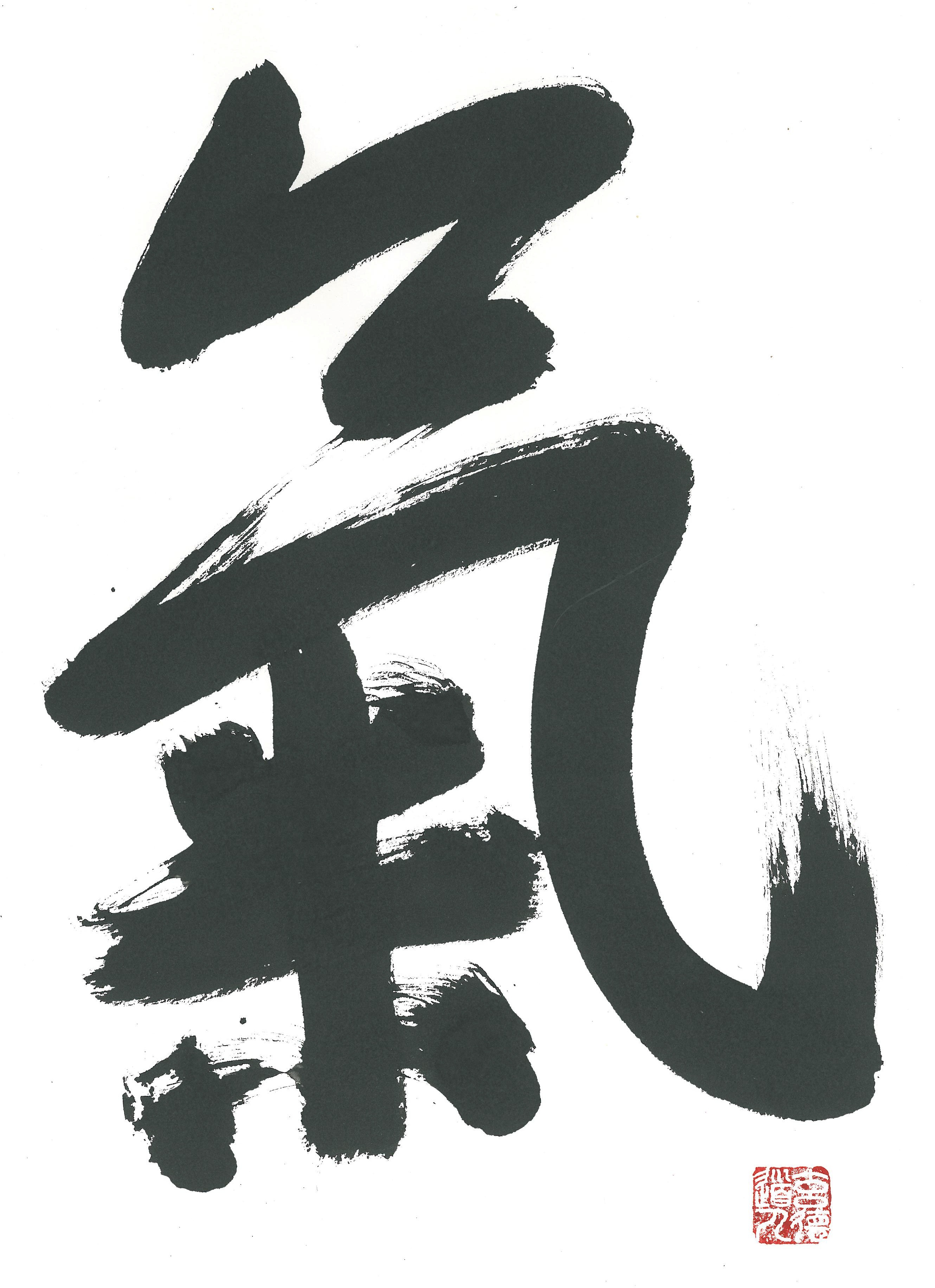
Click here for UNC Medical School Program
I was invited to speak to a group of medical school students at the University of North Carolina School of Medicine. The Med School had arranged an introduction to alternative therapies for these future MD's, and I was there to represent the perspective of acupuncture and Chinese medicine.
My hope was to demonstrate how care by an acupuncturist could complement a Western or allopathic medical doctor's care for patients. Here are some highlights from my talk:
*Focus on the Individual: In Chinese medicine, we like to say that our focus is on treating the individual, not just the condition. This often means that we frequently spend more time with our patients, both within our appointments, as well as on a weekly and monthly basis, and therefore over the course of the year.
In terms of treatment, instead of one approach, like advising aspirin for a headache, there are many ways an acupuncturist can treat a patient with pain. We base our acupuncture point prescriptions and herbal formulas, not only on the quality, location, duration and frequency of the patient's experience of pain, but also on the unique diagnoses provided by the patient's tongue and pulse. Many times we will refer back to the patient's pulse during treatment to ensure they are getting the care they need to alleviate their symptoms.
*Safe Treatment, Many Tools: Before I was introduced to the class of medical students, I displayed a few of the many tools available to acupuncturists in providing safe and effective care for our patients. These tools include: needles, moxabustion, gua sha, cupping, e-stim, herbs and essential oils. Click HERE for pictures. Both the variety and safety of these treatments, without dangerous side effects, enable acupuncturists to deliver an individualized, high standard of care.
*Time Spent With Patients: As mentioned earlier, most acupuncturists often see their patients weekly. This time and opportunity for ongoing follow-up allows an acupuncturist to get to know their patients, but also places acupuncturists in an uniquely advantageous position to monitor and refer patients for Western medical treatment as needed.
*Whole Patient Approach: An acupuncturist's focus on the whole patient can sometimes translate into support in the coordination of the patient's care. As Western medicine becomes increasingly specialized, this support can prove helpful to a patient overwhelmed by a recent Western medical diagnosis, for example.
*Scope of Practice: As acupuncturists, we do not make Western medical diagnoses, but we are taught how to recognize the warning signs for medical emergencies. This means that we know when to refer a patient with an irregular heart beat, or a serious infection, or even visual disturbances suggestive of tumor development. While there seems to be an acupuncture point to provide relief for everything a human being might experience, an important aspect of an acupuncturist's training is knowing when to refer to Western medical care.
*Herbs & Pharmacology: An acupuncturist's schooling includes pharmacology. This means that not only do we study the impact of the herbs we prescribe, but we also understand what drugs do, as well as their side effects, and furthermore, how herbs and drugs interact. At least at the present moment, it is unlikely that Chinese herbology is included as part of Western medical school training. This fact makes acupuncturists uniquely qualified to understand the interactions of pharmaceuticals and Chinese herbs.
*Adjunct Therapy: From chemotherapy and IVF (in vitro fertilization), there are more and more studies, which demonstrate the improved results experienced by patients, when patients combine their Western medical treatments with Chinese medical care.
*Diet & Nutrition: This may be changing in Western medical schools, but the focus on the nutritional counseling that acupuncturists receive as part of their Chinese medical training prepares them to help patients seeking healthy diets and lifestyles.
Before I ended my talk, I couldn't resist offering to needle a point on each med student, allowing them to feel for themselves the hair-width thinness of an acupuncture needle, in contrast to a hypodermic needle. The point I chose was one indicated to relieve stress and soothe frontal headaches, LI 4, which seemed particularly well received by the group.
Have you or someone you know benefitted from combined Western and Chinese medical care?


 Chinese medicine,
Chinese medicine,  Open House | in
Open House | in  Events
Events 



